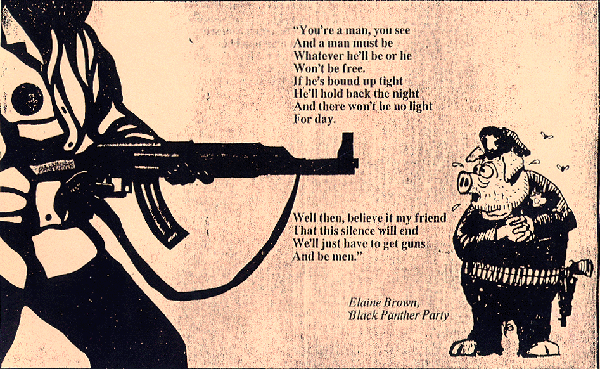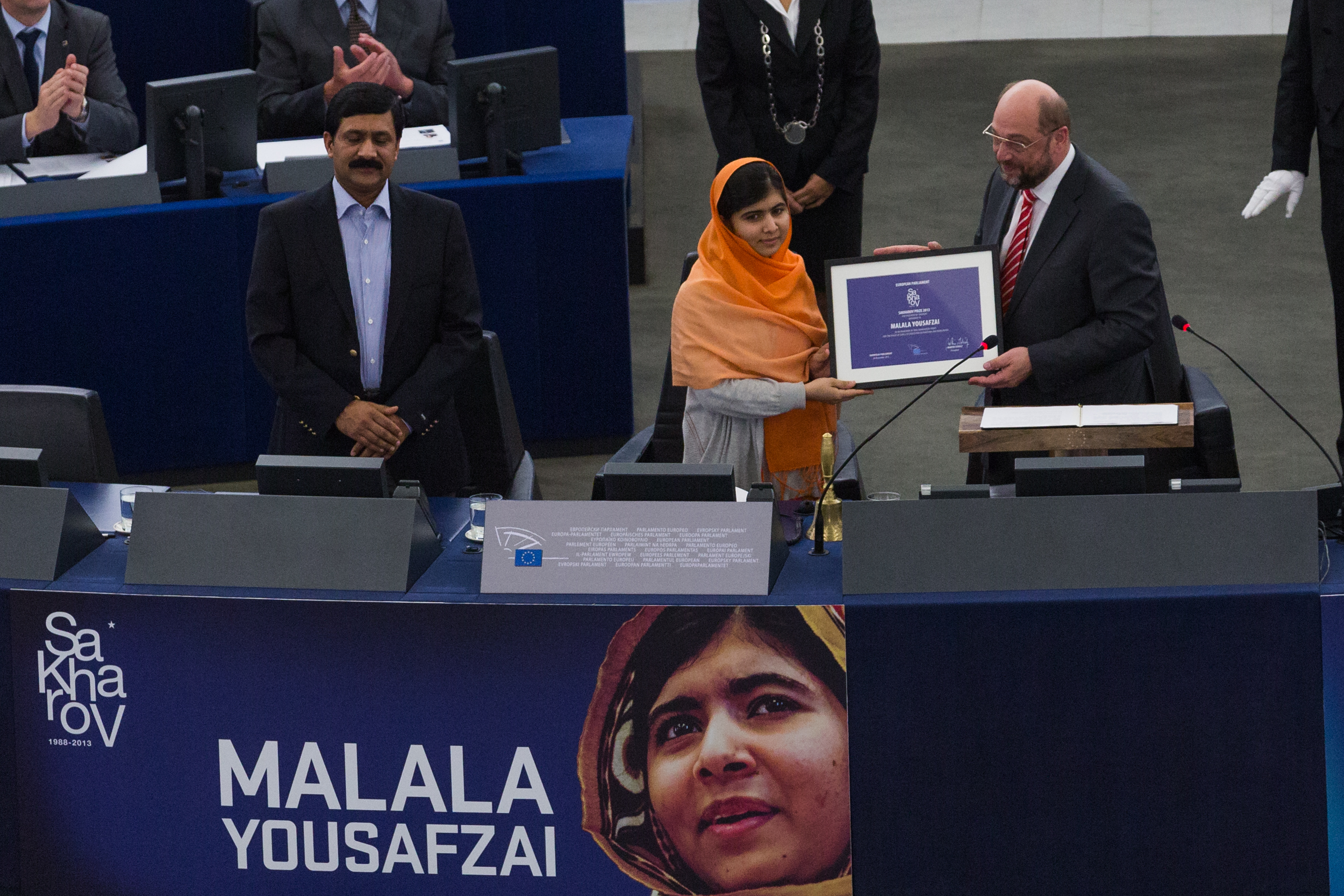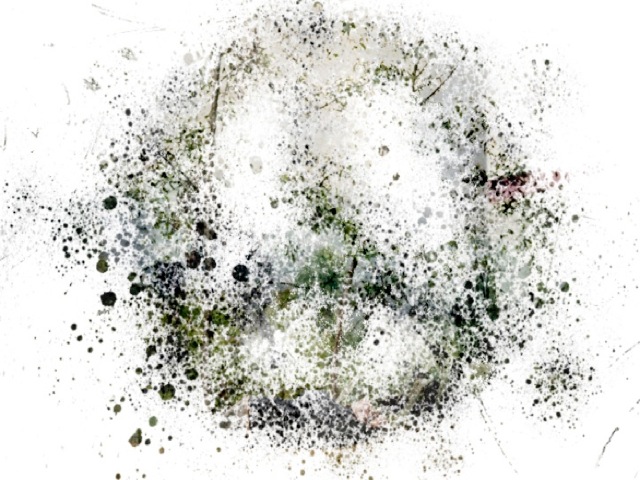
A Pig Among Panthers
Richard Aoki was not your typical member of the Black Panther Party. Most famous for both arming and training the young Panthers in their early years, Aoki was a streetfighter belonging to many radical groups in the San Francisco Bay Area before joining the party. Rising to the rank of field marshal, Aoki was the highest profile Asian Panther, yet it was not Aoki’s ethnicity that now makes him significant. Unlike the Black Power movement, the Black Panther Party was a communist group of all ethnicities that saw racism as merely a symptom of the wider system of capitalist oppression. The Black Panther Party was therefore open to all.
No, Richard Aoki was significant as many now believe him to have been an FBI informant. In an interview with reporter Seth Rosenfeld, former FBI agent Burney Threadgill Jr. claimed to have approached Aoki in the 1950s, asking him to gather information on the various Left groups that were taking off in the radical hotbed of the San Francisco Bay Area. “He was my informant, I developed him”, Threadgill stated, “he was one of the best sources we had.” The legacy of the man, locally revered as a committed and militant radical leader, was once again thrown into disarray following an interview Aoki gave to Rosenfield. When asked directly whether he had been an informant, Aoki simply replied with “‘oh’ is all I can say”, followed by an ambiguous “people change…It is complex. Layer upon layer.”
Drawn to radical groups ever since his family life had been shattered following internment with thousands of other Japanese Americans during World War II, Aoki joined the military three days after he left high school. There he developed an extensive understanding of weaponry before leaving to join the Communist Party. These firearm skills made Aoki particularly valuable to the San Francisco radicals.
In 2009, two years after the Rosenberg interview, Aoki laid out his old Panther uniform before committing suicide, following long complications with dialysis. While doubts had already been circling around the informant claims, the FBI then released a series of reports – whose existence had previously been denied – following several Freedom of Information requests by both Rosenberg and the Centre for Investigative Reporting. In these documents Aoki is clearly referred to as an informant, using the code name Richard Ford and it is expressly stated that he had provided “unique” information of “extreme value” over the course of 16 years.
With Aoki now unavailable for further questioning, the doubts being cast over his character have provoked much anger among his supporters. While proof of his status as an informant is yet to be found, some have even claimed the FBI simply fabricated the story to cause distrust among radical groups. With Aoki having become a lecturer in Asian American studies at the University of California, Berkeley and a full-time faculty member at Peralta Community College, many find it difficult to reconcile these revelations with what appears to be a lifetime of work dedicated to “the cause”. However, despite many refusing to believe that this “Japanese radical cat” worked for the FBI, the smell of the pig will continue to linger on this Panther.
Photo by camutah







